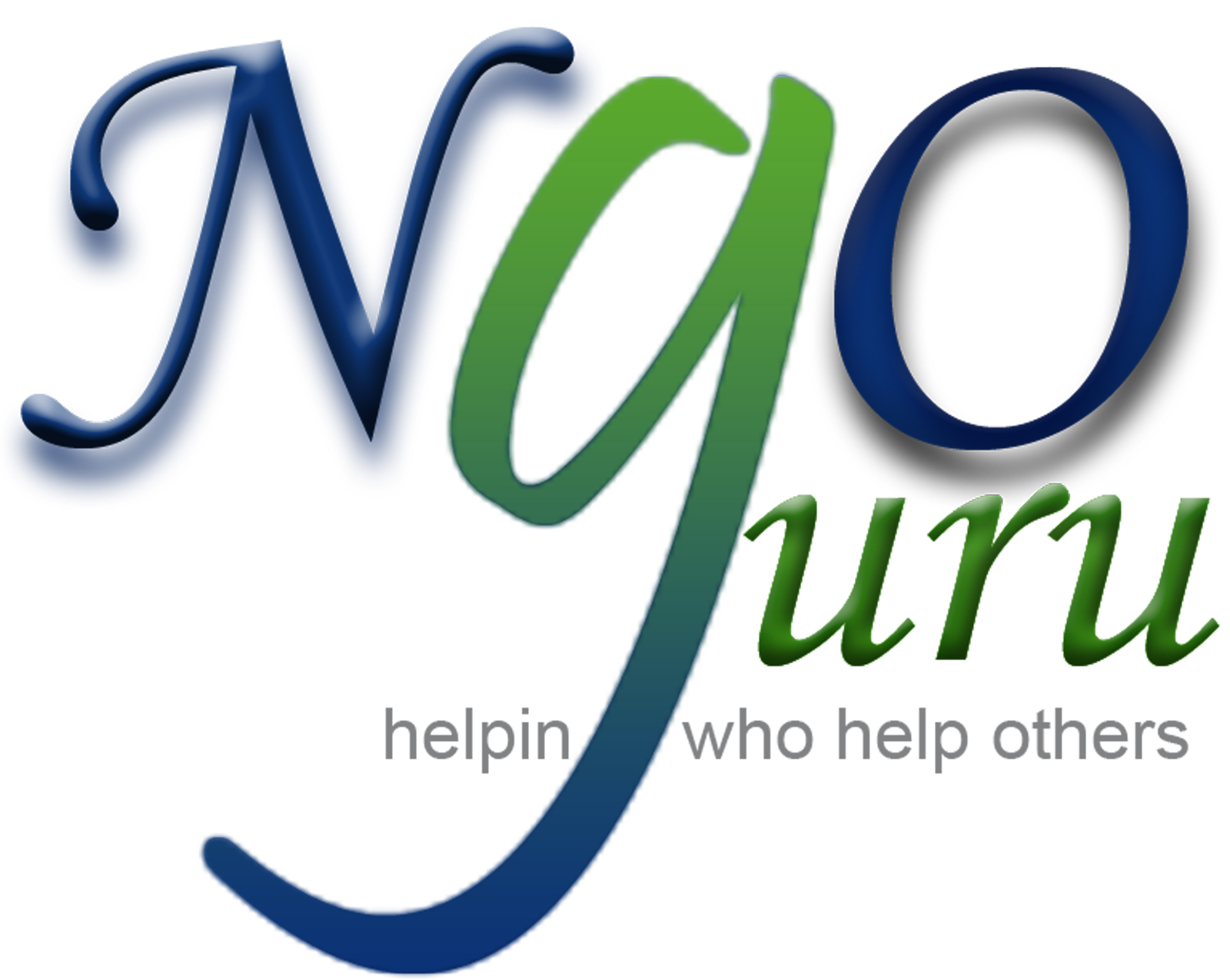What is copyright?
It is a form of intellectual property (like the patent, the trademark, and the trade secret) applicable to any expressible form of an idea or information that is substantive and discrete. It gives the creator of an original work exclusive rights to it. It is "the right to copy" and also gives the copyright holder the right to be credited for the work, to determine who may adapt the work to other forms, who may perform the work, who may financially benefit from it, and other related rights. The main legislation dealing with copyright in the India is the Indian copyright Act 1957.
When does copyright arise?
Copyright arises automatically when a work that qualifies for protection is created. The work must be original and it needs to originate from the author who uses his judgment or skill to create the work. Copied work does not make it original and hence does not qualify for copyright protection. In India, there is no need to register copyrights. When an idea is converted in any form, it can be protected by copyright. It is the expression of the idea that is protected and not the idea itself. The main categories of works currently protected includes: original literary works such as novels or poems, tables or lists and computer programmes original dramatic works such as dance or original musical works including the musical notes also original artistic works such as graphic works (paintings, drawings etc), photographs and sculptures sound recordings ,films ,broadcasts, typographical arrangements (i.e, the layout or actual appearance) of published editions
Who owns copyright?
As a general rule, the owner of the copyright is the person who created it, i.e. the author. An author could be the writer, the composer, the artist, the producer or the publisher or another creator depending on the type of work. One important exception to this is when an employee creates a work in the course of their employment in that case the copyright owner will be the employer.
What rights does a copyright owner have?
A copyright owner has both economic and moral rights. Economic rights cover acts that only the copyright owner can do or authorise. These include the right to copy the work, distribute copies of it, rent or lend it, perform or show it, communicate it to the public (including making it available online) or adapt it (e.g. making it into a play). Moral rights include the right to be identified as the author, the right not to have a work that they did not create falsely attributed to them and the right to object to the derogatory treatment of the work. Moral rights are rights authors retain in their works irrespective of who owns the economic rights - they can be waived, but not licensed or assigned.
How long does copyright last?
The duration of copyright varies according to the work involved. For literary, dramatic, musical or artistic works it is 70 years from the end of the calendar year in which the author dies (if there is more than one author it will be 70 years from the death of the last remaining author). For typographical arrangements (i.e. layout or appearance of the printed article), the duration is 25 years from the end of the calendar year in which the work was first published with that layout/appearance. It is important to note that whilst the underlying work itself might be out of copyright, if a new edition is set and printed or additional text such as an introduction is added these new elements will attract copyright protection.







